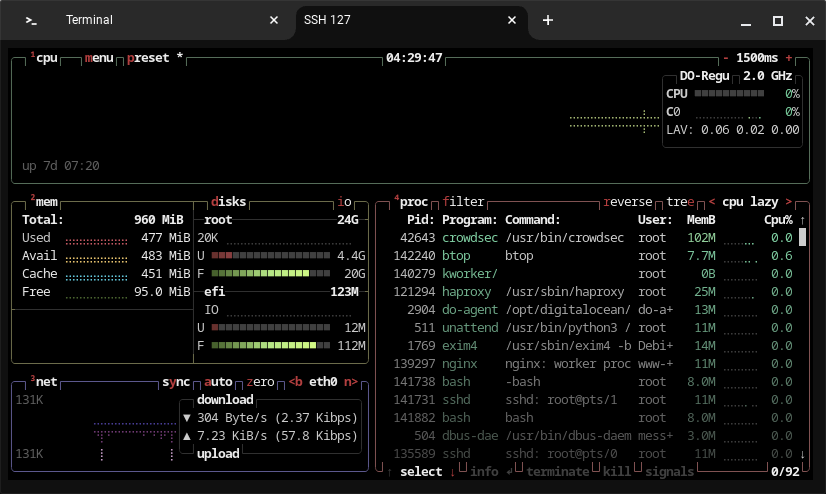https://gitlab.gnome.org/chergert/ptyxis
Ptyxis is my current go-to. It can detect available pods or toolboxes (maybe docker too haven’t tested it) and you can open terminals directly into them. It also highlights ssh terms and root shells differently.
There are a huge number of built-in color schemes as well and I’ve had no trouble finding any configuration option I’ve found myself wanting to look for.
It’s also available on flathub so it’s easily installed in most distros.






I actually switched to Fedora from Debian recently and haven’t found either to be buggy under KDE. I’ve been using Linux for longer than many I remember just about every release of kde and gnome back to the start. Gnome never felt right after 2.0. I ended up using xfce for many years. I’ve tried gnome here and there and the current version is OK, but it still feels off.
That said I’ve seen bugs and workarounds in nearly every kde or gnome I’ve used, occasionally bad enough to cause me change. I’d still pick either one over windows in a heartbeat.
I do see a visual glitch here and there, but I’m never certain if I should chalk it up to kde or something else.